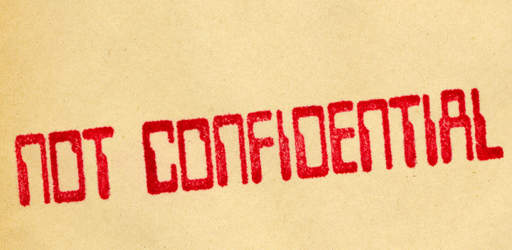If higher education is really to change, barnacle-encrusted traditions like accreditation need to change, too.
But this won’t be so easy. The process of becoming accredited should be a rigorous process that should add a stamp of approval to the educational product, and prevent fraud by fly by night operators and taxpayers. But the process also needs to be more transparent and consumer-friendly. If colleges are going to spend so much time and money on the process, can’t they use it to give some basic facts, such as graduation rates, job placement rates, academic performance, even financial stability. The accreditation process will only mean something when outsiders actually have some idea of how it is done.
Some argue that the accreditation process is THE major barrier to reform in higher education. But what would higher education be without it? To drop the process altogether would be to invite even more unscrupulous businesses in to pursue the billions of dollars in financial aid available and leave their students with worthless credentials.
The public-policy answer in recent years has been to use standardized testing to assess mastery of a a subject. But one of the greatest strengths of American higher education is its diversity. We don’t want every college and university teaching to a test, and planning its curriculum to match everyone else’s. We should expect that students receiving a degree have mastered the topic, but not a mastery mandated by the government.
Some aspects of the current system strike me as correct. Higher education is a highly complex endeavor where each degree is structured to meet the perceived needs of the profession and businesses. To some degree, the best judges of effective instruction are others steeped in the recent practice and literature of Best Practices.
That said, the process still needs to be reformed. At the very least, the accreditation process must be more open. The self-studies by individual institutions are often shelved in the school libraries. They ought be on the college Website.
Accreditation teams should be professionalized and made more independent — that would go a long way toward resolving the inherent conflicts of the existing system, where administrators in very insulated professions are attesting to the work of their peers, and everyone understands the resulting reports will never become public anyway. One hand washes the other, and no one on the outside ever knows.
Most importantly, the accreditation reports must be made public. If colleges and universities, even private ones, want to take advantage of federal loan programs, they must be responsible for their behavior. Sure, very few people will read the reports, and some may not understand every word, but that’s beside the point. Consumers are owed the option of knowing the most they possibly can about an institution where they are about to make one of the biggest investments of their lives.
The accreditation process could be a valuable support for higher education. Let’s bring it out of the shadows.
Incoming search terms:
- be easy
- allintext:This is a smart blog
- This is a smart blog I mean it You have so much knowledge about this issue and so much passion You also know how to make people rally behind it obviously from the responses Nice site and the article are posting are very nice Hi good luck man and thanks fo

